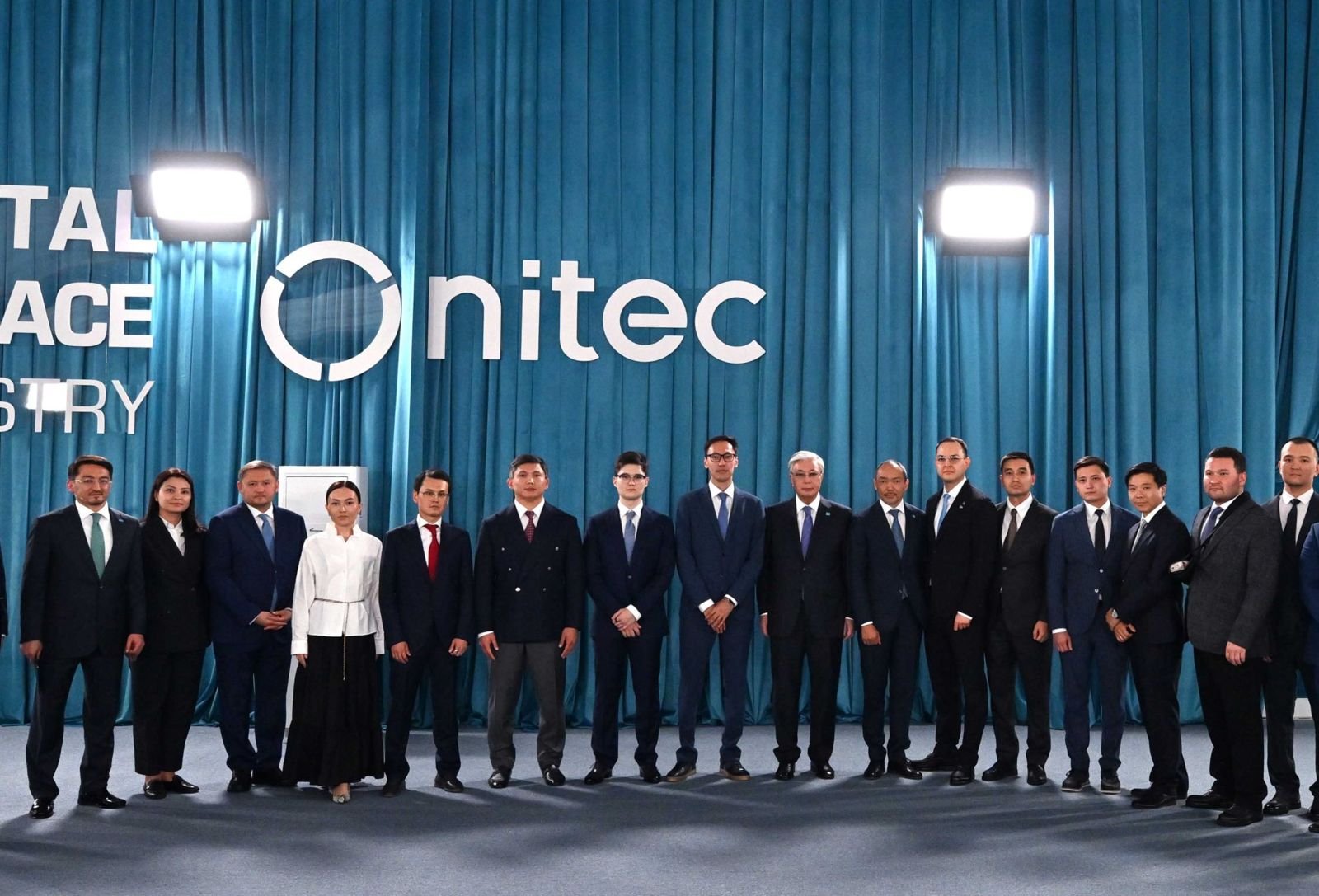Kazakhstan Launches Central Asia’s Most Powerful Supercomputer & Astana Ranks First in National Smart City Index

By Dr. Adbulrahim Ibrahim Abdulwhaid
Astana — As Kazakhstan cements its status as a regional digital leader, it is moving rapidly to expand its AI ecosystem beyond the supercomputer project. The government, in cooperation with international partners, is now investing in the creation of AI Research Hubs across Astana, Almaty, and Shymkent. These hubs will serve as incubation centers for high-impact research, neural network development, and innovation in cybersecurity and quantum computing.
According to the Ministry of Digital Development, the hubs will be linked via a sovereign cloud platform managed within Kazakhstan’s borders, ensuring data integrity, privacy, and independence from external providers. This will further enhance the country’s digital resilience — a key pillar of its Digital Kazakhstan 2030 strategy.
Kazakhstan has taken a major leap into the future of digital innovation and technological independence with the official launch of Central Asia’s most powerful supercomputer by President Kassym-Jomart Tokayev. The move not only strengthens the nation’s capacity for artificial intelligence and scientific research but also aligns with broader national efforts to develop smart cities, support digital sovereignty, and position Kazakhstan as a regional tech leader.
Tokayev: A Vision of a Digitally Empowered Nation
Form his side, President Kassym-Jomart Tokayev, who officially launched the system, emphasized the strategic role of the supercomputer in Kazakhstan’s long-term digital transformation.
“The supercomputer will allow Kazakhstan to achieve significant progress in the development of digital technologies. Access to high-performance computing will be granted to startups engaged in neural network solutions, research institutions, universities, and both government and private enterprises,” he said.
The system will serve as a cornerstone for Kazakhstan’s AI ecosystem, enabling the country to engage in large-scale AI model training, big data analytics, scientific computing, and secure cloud services — essential elements for a modern digital economy.

From Regional Player to Global Digital Leader
The launch of Kazakhstan’s first national supercomputer marks a turning point in its digital evolution — a bold statement that the nation is ready to lead in high-performance computing, smart governance, and AI-driven development. With its growing technical workforce, rising startup ecosystem, international partnerships, and smart city leadership, Kazakhstan is well on its way to becoming a global force in digital innovation and a vital connector between Europe and Asia.
In a statement, Minister Zhaslan Madiyev emphasized:“We are building not just infrastructure, but an entire ecosystem where Kazakhstani engineers, researchers, and entrepreneurs can thrive and compete globally in AI, fintech, and smart governance technologies.”
Smart City Integration Expands into Mobility and Health Sectors
Following its first-place ranking in the National Smart City Index, Astana has expanded its smart city initiatives to focus on urban mobility, digital health records, and predictive infrastructure maintenance. The city is now implementing AI-based traffic flow management, autonomous public transport trials, and smart grid systems powered by IoT sensors.

New pilot programs allow citizens to access health services through a unified biometric ID system integrated with hospital data and AI-assisted diagnostics. The project is being jointly managed by Kazakhstan’s Ministry of Healthcare and the Digital Development Ministry, with support from South Korean and European tech firms.
Kazakhstan-Uzbekistan Cross-Border Fiber Project Launched
To support the broader regional digital ecosystem, Kazakhstan and Uzbekistan recently launched a cross-border fiber-optic corridor, enhancing data transfer speeds and reliability across Central Asia. This new infrastructure project, funded in part by the Asian Infrastructure Investment Bank (AIIB), is seen as a backbone for smart logistics, AI research collaboration, and fintech integration between the two countries.
Experts note that this corridor positions Kazakhstan as a transit hub for digital connectivity between Europe and Asia, a vision long promoted by President Tokayev in alignment with China’s Digital Silk Road and the EU’s Global Gateway initiatives.
The unveiling ceremony was held at the National Supercomputer Center Alemcloud, a newly established facility at the Ministry of Digital Development’s data campus in Astana. The event was attended by high-ranking government officials, global technology partners, academic institutions, and international investors — all recognizing the strategic importance of this transformative infrastructure project.
A Quantum Leap in Digital Capacity
The new supercomputer, developed in close partnership with Presight AI Holding, part of the UAE’s G42 group, boasts a computational power of up to two exaflops using FP8 precision — making it the most powerful computing system in Central Asia to date. It is powered by NVIDIA H200 GPUs, placing Kazakhstan on the cutting edge of global high-performance computing (HPC) technology.
According to Minister of Digital Development, Innovation, and Aerospace Industry Zhaslan Madiyev, the system is capable of performing in just one second the number of calculations that the entire global population — over 8 billion people — could complete in four days if each person solved one equation per second.
“This is more than a national milestone. It is a declaration of Kazakhstan’s digital sovereignty,” Minister Madiyev stated during an interview with Jibek Joly TV. “We are no longer dependent on foreign cloud providers. Kazakhstan now has the infrastructure to develop, store, and manage its data independently, with world-class computational speed and security.”



